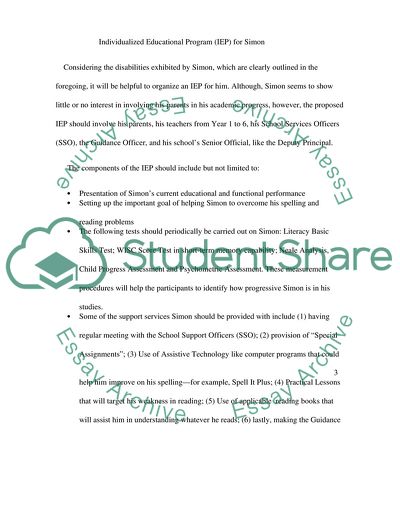Cite this document
(“Intellectual Disability of a Child Essay Example | Topics and Well Written Essays - 1000 words - 1”, n.d.)
Intellectual Disability of a Child Essay Example | Topics and Well Written Essays - 1000 words - 1. Retrieved from https://studentshare.org/health-sciences-medicine/1567690-case-study-report
Intellectual Disability of a Child Essay Example | Topics and Well Written Essays - 1000 words - 1. Retrieved from https://studentshare.org/health-sciences-medicine/1567690-case-study-report
(Intellectual Disability of a Child Essay Example | Topics and Well Written Essays - 1000 Words - 1)
Intellectual Disability of a Child Essay Example | Topics and Well Written Essays - 1000 Words - 1. https://studentshare.org/health-sciences-medicine/1567690-case-study-report.
Intellectual Disability of a Child Essay Example | Topics and Well Written Essays - 1000 Words - 1. https://studentshare.org/health-sciences-medicine/1567690-case-study-report.
“Intellectual Disability of a Child Essay Example | Topics and Well Written Essays - 1000 Words - 1”, n.d. https://studentshare.org/health-sciences-medicine/1567690-case-study-report.


